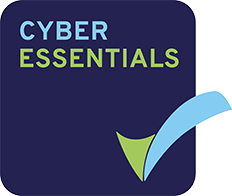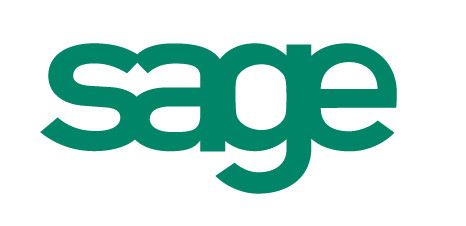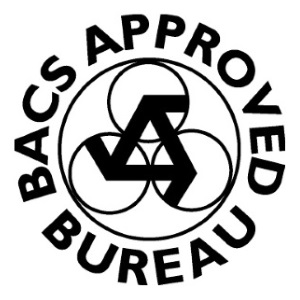75% of self-employed Britons do not have pensions
If you’re one of the estimated 3.7 million self-employed Britons who are burying their heads in the sand about pensions, it’s time to start saving.
There are many reasons limited company owners and sole traders are delaying thinking about pensions. As cash flow for a small business can vary from month to month, it may be difficult to predict how much you will be able to put away. Or it may be that you don’t know where to start. Let’s take a look at what you should consider:
How much is enough?
Think about how much you want to live off for your retirement, and when you would like to retire. “An oft-cited rule of thumb is to halve your age and save that amount” says our Tax Director, Nick Lowe. “So if you’re 30 years old, aim to save 15% of your income. If you’re starting saving at age 40, try to save 20%.”
Where should I save?
With an array of savings vehicles to choose from, Nick Lowe suggests keeping things simple to start with.
“The important thing is to make a start. There are many ways to save tax on your money, but we’d advise to start a traditional pension first. Although pension tax relief for higher rate taxpayers might be reduced in the next Budget, as a basic rate taxpayer, you’d be earning money from the government at a rate of £25 for every £100 invested.”
Nick Lowe, Bennett Verby Tax Director
You can either choose a pension offered by an investment house or bank, or the government-backed Nest pension, with whom you can save as little as £10 per month and whose charges are relatively low. Other vehicles you could consider are a SIPP, where you can choose which stocks and shares (or OEICS, or unit trusts) you invest in.
Are there any downsides?
With a traditional pension, you have to accept that you won’t be able to access your money until age 55. There are tax-free savings vehicles you could consider as an alternative, such as ISAs and NS&I investments, but with these you would lose government contributions and tax relief.
If you are under 40, you could consider a Lifetime ISA (LISA), which attracts a 25% Government bonus. You can only save up to £4,000 annually in a LISA, and there are penalties if you access the money before your 60th birthday.
Is there anything else I should consider?
The maximum a self-employed person can pay into a pension is £40,000 per year or 100% of their taxable profits (whichever is lower). Any unused pension allowance can be carried forward for three years and would be payable at the income tax rate applicable in the year of payment, but the pension needs to have been open during the whole period. Therefore, it’s important you open a pension as soon as you can, even if you contribute little to it as your business is starting up, so you can use it later to ease cash flow and plan for retirement.
You might be thinking of your property as your pension (though it could be argued that the halcyon days of property investing are over) or indeed, that your business itself is an investment in the future. It’s always worth having a business plan in place to check that your company’s fortunes are heading in the right direction.
You should take expert advice before making any decisions. Speak to your accountant or IFA, or give us a call on 0161 476 9000 for expert advice.











